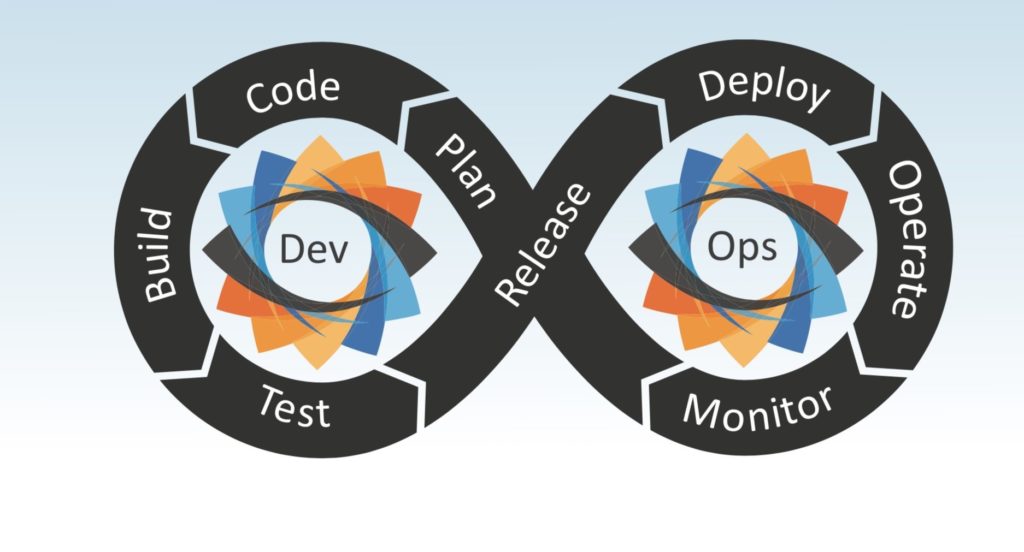Technical workflows undergo a revolutionary transformation with the integration of DevOps in the dynamic realm of modern technology. This exploration delves into the multifaceted role of DevOps, unravelling its significance, principles, and impact on intricate processes. Fostering collaboration between development and operations teams, DevOps emerges as a linchpin in optimizing efficiency and enhancing overall agility. By automating workflows, streamlining communication, and accelerating software delivery, organizations witness a paradigm shift in how they design, develop, and deploy software. The principles of DevOps, grounded in collaboration and automation, empower teams to adapt to the ever-evolving landscape of technology, fostering innovation and efficiency in technical workflows.
Embracing DevOps Philosophy
DevOps, at its core, signifies a profound cultural shift promoting collaboration, communication, and integration within technical workflows. Furthermore, this section delves into the foundational principles of DevOps, emphasizing the dismantling of silos and the cultivation of shared responsibility throughout the software delivery lifecycle. By fostering a culture of continuous improvement, DevOps becomes a guiding force in optimizing efficiency and agility within technical workflows. The breakdown of barriers between development and operations teams enables seamless coordination, ensuring that software development processes align seamlessly with operational requirements. As organizations embrace the principles of DevOps, they witness a transformative impact on technical workflows, with streamlined communication, automated processes, and a heightened capacity for innovation becoming the hallmarks of a DevOps-driven environment.

Automation in Action
Additionally, a hallmark of DevOps is automation, where repetitive tasks are streamlined to minimize manual intervention and reduce the risk of errors. This segment delves into the automation aspect of DevOps, illustrating how tools and technologies automate key stages of the development pipeline. From code integration and testing to deployment and monitoring, automation plays a central role in achieving faster and more reliable workflows.
Accelerating Time-to-Market
Enhancing Collaboration
Furthermore, collaboration is a cornerstone of DevOps, breaking down traditional barriers between development and operations teams. This section analyzes the impact of enhanced collaboration on technical workflows, emphasizing the importance of cross-functional teams working seamlessly towards shared goals. The breaking down of silos fosters a culture of shared responsibility and accountability, leading to more efficient and resilient workflows.
Continuous Monitoring and Improvement
DevOps doesn’t end with deployment; it extends into continuous monitoring and improvement. This segment explores how DevOps practices emphasize real-time monitoring of applications and infrastructure, enabling teams to detect issues promptly and proactively address them. Moreover, the article delves into the culture of continuous improvement, where feedback loops contribute to refining processes and optimizing workflows over time.
Challenges and Considerations
While DevOps brings immense benefits, it is not without its challenges. This section discusses common challenges organizations may face in adopting DevOps practices, such as cultural resistance, toolchain complexity, and the need for skilled professionals. Addressing these challenges is crucial for a successful and sustainable implementation of DevOps.
The Future Trajectory of DevOps
As technology evolves, so does the trajectory of DevOps. This final section speculates on emerging trends, potential advancements, and the evolving role of DevOps in shaping the future of technical workflows. From the integration of artificial intelligence and machine learning to further automation enhancements, the future promises even greater optimization and innovation in the domain of DevOps.
Conclusion
In conclusion, DevOps stands as a transformative force in streamlining technical workflows. From its cultural underpinnings to the practical application of automation and collaboration, DevOps has become a linchpin in the modern approach to software development and operations. More so, the ongoing evolution of DevOps reflects its adaptability and significance in the ever-changing landscape of technology.

